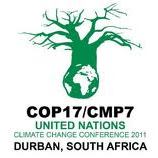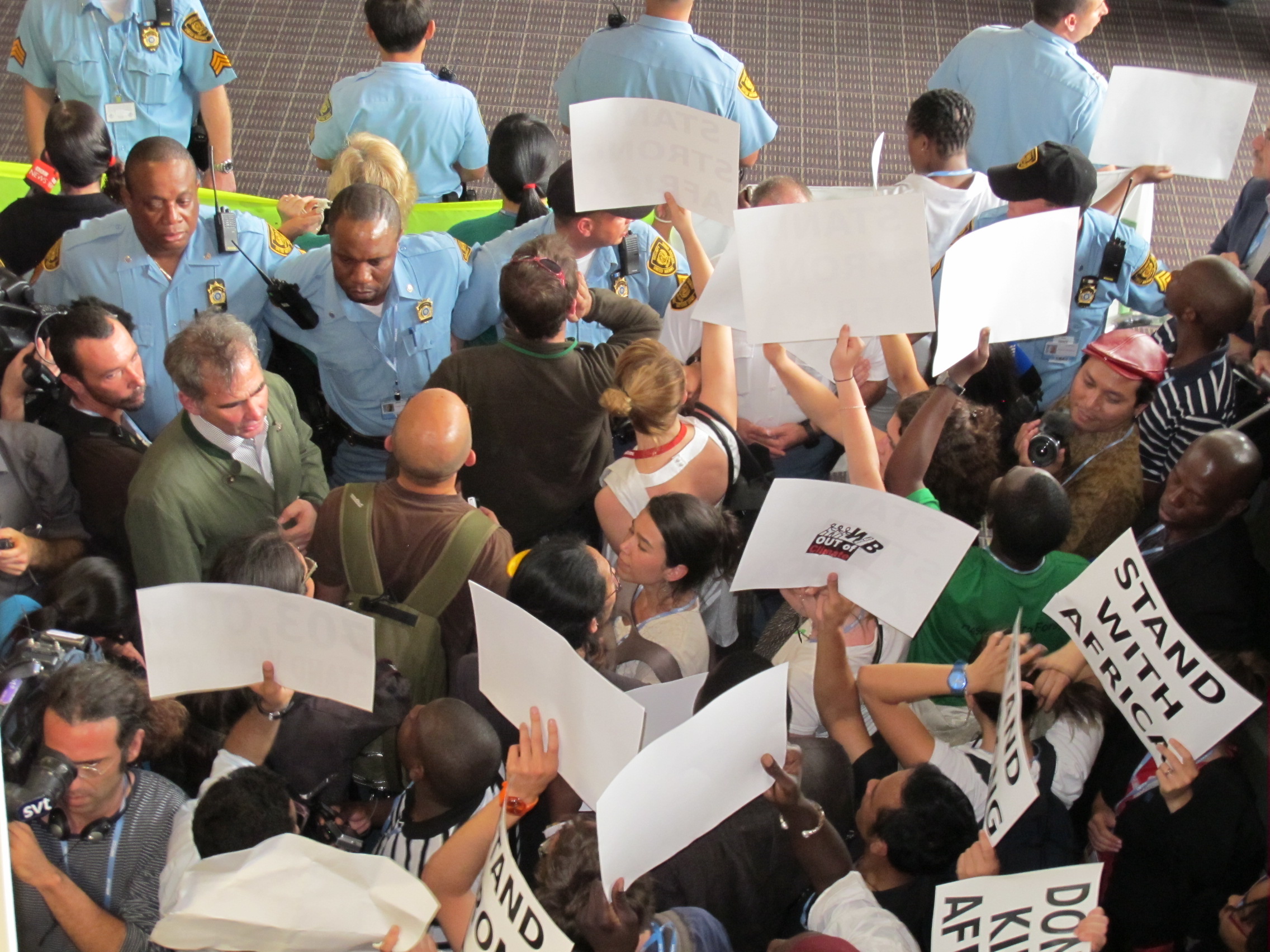 In this guest post, Mark Lynas, author of Six Degrees, High Tide and The God Species, advisor to the president of the Maldives, analyses the outcome of the Durban conference and what it means for the future of international climate negotiations. It’s one the best and most detailed accounts I’ve come across, from someone at the heart of the action. This article was first published at his personal blog.
In this guest post, Mark Lynas, author of Six Degrees, High Tide and The God Species, advisor to the president of the Maldives, analyses the outcome of the Durban conference and what it means for the future of international climate negotiations. It’s one the best and most detailed accounts I’ve come across, from someone at the heart of the action. This article was first published at his personal blog.
Following the marathon negotiations session at Durban, all the delegates should now be back home – and if not quite rested, certainly ready to assess the outcome with the benefit of some distance. In this (rather long) post I will look at the key documents agreed in the Durban outcome, and try to offer some sense of what they mean for the climate regime, and for the climate. (Apologies for some jargon, and for unexplained acronyms, which should be familiar to anyone following the negotiations, and without which this post would be even longer still.)
The Durban mandate
During the second week of COP17 the South African presidency operated an ‘Indaba’ system of high-level meetings, where an options paper was gradually whittled down into a decision text on the crucial issue of the future legal form of the UNFCCC regime. Various iterations of this paper produced some rollercoaster ups and downs from the perspective of a small islands state delegate (as advisor to the President, I once again joined the Maldives delegation). The final version, agreed in the small hours on Sunday 11 December — nearly 48 hours after the COP was supposed to have concluded — is titled ‘Establishment of an Ad Hoc Working Group on the Durban Platform for Enhanced Action'(PDF link).
Continue reading “The verdict on Durban – a major step forward, but not for ten years”

 An image that has lingered with me from all the reports of the Durban conference was the
An image that has lingered with me from all the reports of the Durban conference was the  Being the first in an occasional series in which we monitor the wilder excesses of climate denial. Warning: reading and/or viewing the original material referenced herein may cause uncontrollable mirth. Hot Topic accepts no responsibility for any adverse effects that may result, but recommends a good micro fibre cleaning cloth for removing coffee/tea/wine from computer screens…
Being the first in an occasional series in which we monitor the wilder excesses of climate denial. Warning: reading and/or viewing the original material referenced herein may cause uncontrollable mirth. Hot Topic accepts no responsibility for any adverse effects that may result, but recommends a good micro fibre cleaning cloth for removing coffee/tea/wine from computer screens…
 Let’s revisit that cold war phrase:
Let’s revisit that cold war phrase: 

You must be logged in to post a comment.